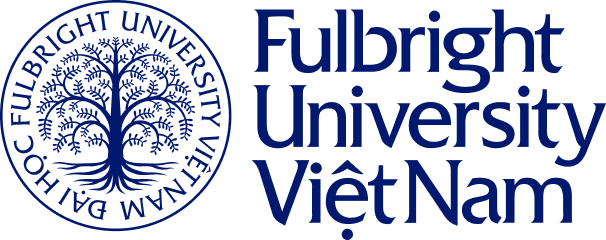Academic Team
Ian Scott Kalman

Fields of Interest: Anthropology of law and politics, borders, Indigenous culture and identity, digital culture, and micro-analytic models for human interaction (especially sociolinguistics and frame analysis).
Education:
- Ph.D. 2016, McGill University, Canada
- Post-Doctoral Fellow: 2018, Western University, Canada
Bio:
Dr. Ian Kalman is a socio-cultural anthropologist whose research looks at the complex interplay between global structures of law and technology and the subjectivities of interpersonal interactions. In doing so, he employs both macro-analytic models for understanding the increasing role of digital technology in shaping contemporary society and micro-analytic models which emphasize the importance of local context and language in shaping the human experience.
His doctoral research at McGill University involved substantial ethnographic fieldwork with North American border officers and residents of the Akwesasne Mohawk Territory, an Indigenous community straddling the borderline. This research became the focus of his monograph, Framing Borders, published in 2021 by the University of Toronto Press.
Ian’s interdisciplinary work has been published across fields, including anthropology, political science, Indigenous studies, and law. He has also produced policy reports for both the Mohawk Council of Akwesasne and the Government of Canada with a focus on improving interactions between settlers and Indigenous peoples.
In addition to his academic work, Ian also has a passion for institution building, serving as a founding member of Fulbright’s undergraduate faculty and as a fellow in first years of the Max Planck Institute for Social Anthropology’s Department of Law and Anthropology. This professional interest abuts his theoretical focus on the ways in which institutions (including those of political and education institutions) serve as sites of knowledge production.
Ian’s understanding of borders is rooted not just in academic study, but also in his transnational experiences as a Peace Corps Volunteer in Southwestern China, and an ESL instructor in Ukraine and Turkey.
Courses:
- Ethics and Moral Philosophy
- Digital Anthropology
- Language, Culture, and Thought
- Global Humanities and Social Change
Select Publications:
- Monograph
Kalman, Ian. Framing Borders: Principle and Practicality in the Akwesasne Mohawk Territory. Toronto: University of Toronto Press, 2021. https://doi.org/10.3138/9781487539917
- Select Articles and Book Chapters
2018. Ian Kalman. ‘Proofing Exemption: Documenting Indigeneity at the Canada/US Border,’ Anthropologica: Journal of the Canadian Anthropological Association. Vol 60 Issue 1.
2018. Alcantara, C., & Kalman, I. ‘Diversifying Methodologies: A Haudenosaunee/Settler Approach for Measuring Indigenous-Local Intergovernmental Success.’ Canadian Journal of Political Science.
2018. Ian Kalman (with the Mohawk Council of Akweseasne). The Iroquois: history, current situation and cosmogonies” and “The Amerindians: some basic elements”, online version of the textbook Cosmogonical narratives. Births of the world, Geneva: 2018, Department for Public Education of Geneva.
2017. Ian Kalman. ‘That’s not our Culture: Paradoxes of Personal Propriety in Indigenous Self-Governance’ in (Not) Outside My Culture: Paradoxes of Personal Autonomy in a Plural Society. Editors: Marie-Claire Foblets, Alison Dundes. Ashgage Press.
2015. Ian Kalman. ‘Don’t blame me, it’s just the computer telling me to do this:’ Computer Attribution and the Discretionary Authority of Canadian Border Officers’. The Max Planck Institute for Social Anthropology Working Paper Series. No 166.
2015. Ian Kalman ‘The Peacemaker, I presume? Journeys up the Stream of Iroquois Ethnohistory.’ Journal of Iroquois Studies. Colgate University Press. Vol. 1. No. 1.












